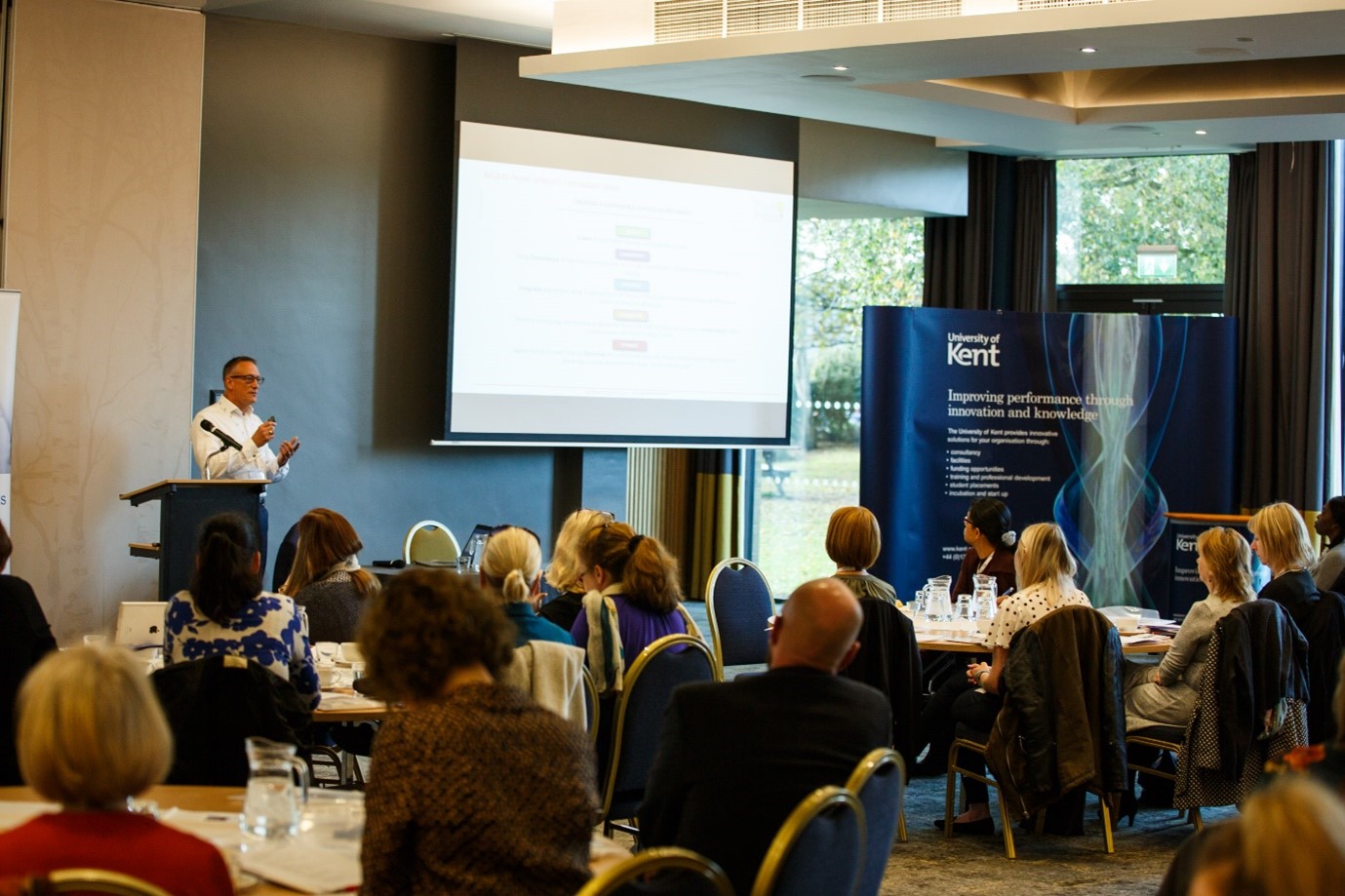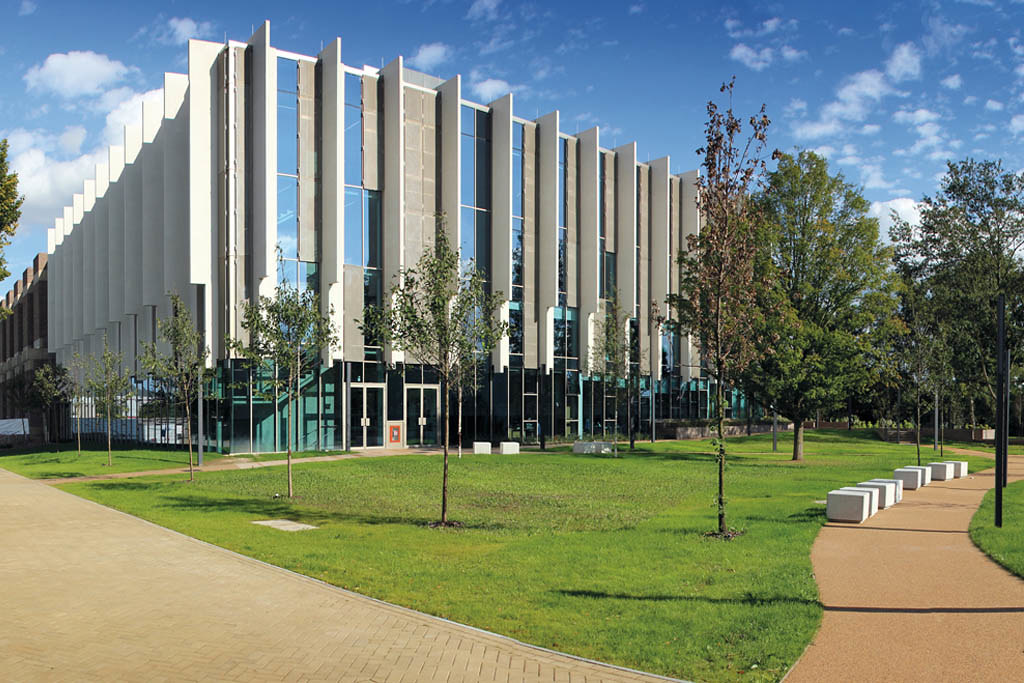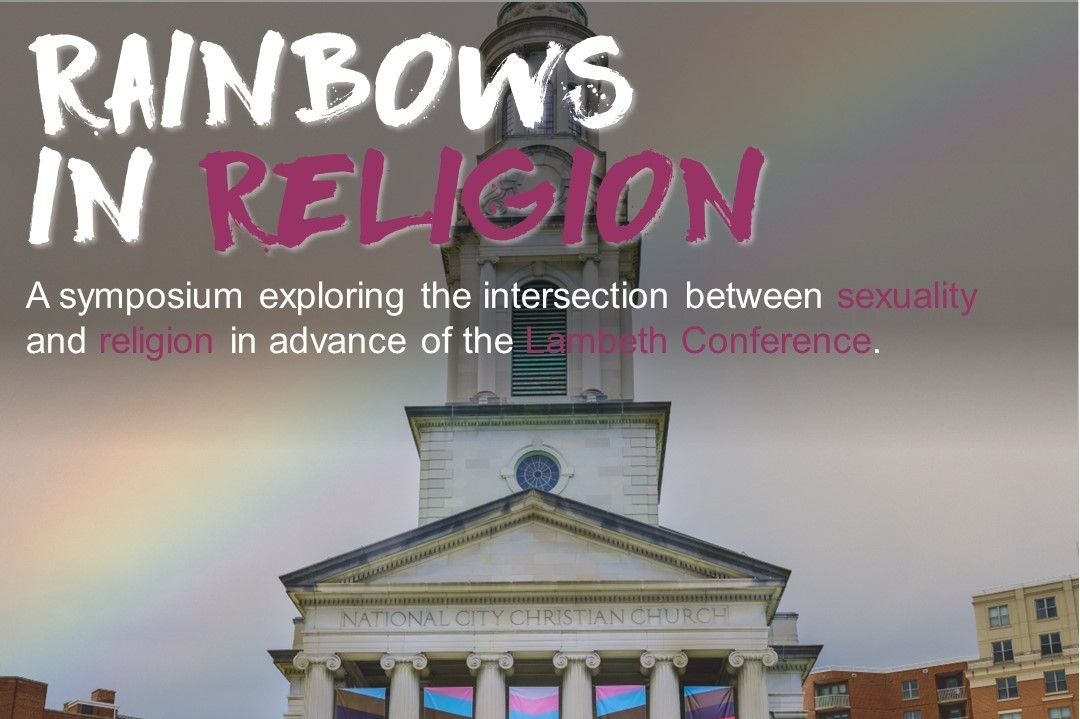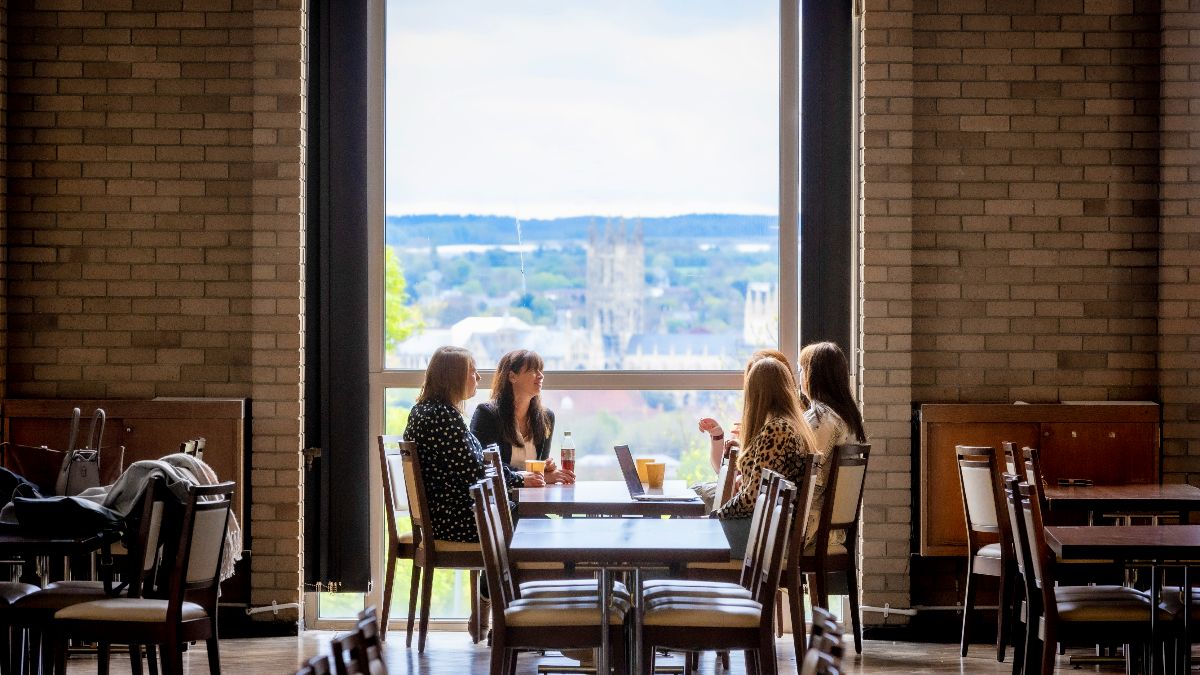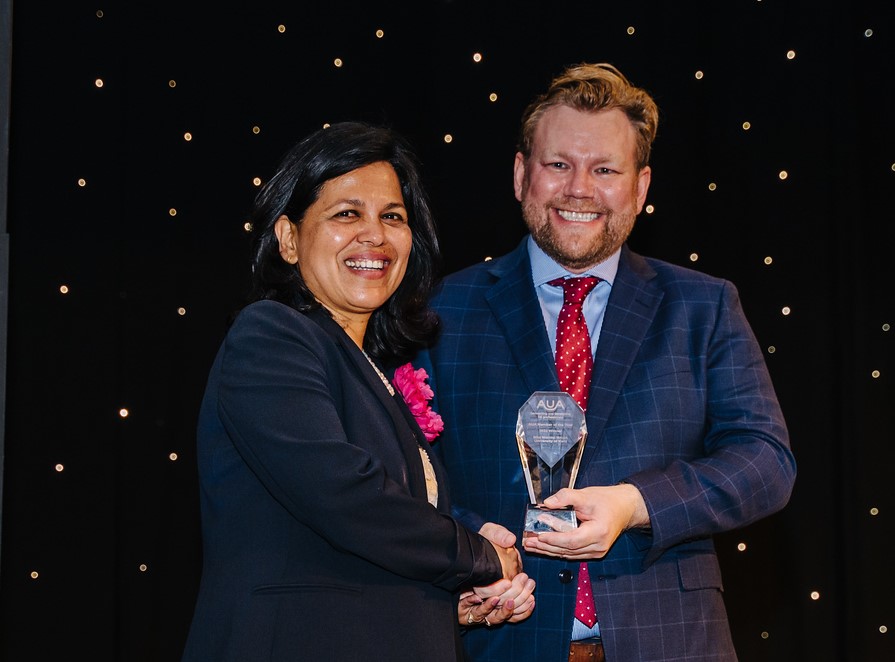The University of Kent has hosted the third successful Innovations in Internationalisation at Home Conference, chaired by Kent’s Director and Dean for Global and Lifelong Learning Dr Anthony Manning, and in collaboration with The IC Global. Building on previous successes, this year’s conference remained digital allowing for participation by delegates spanning more than 30 countries with 145 attendees of the live conference session on 15 July and already more than 2000 views of our video session content.
The theme for 2022 was ‘The Power of Co-creation’ and included the creation of 20 pre-recorded video presentations from colleagues around the world sharing their experiences and insights in this area of work. Topics ranged from working with students as partners, developing intercultural competences and skills, building a community, to examples of COIL (Collaborative Online International Learning) Initiatives. Online presentations were made available asynchronously in advance of the live conference, followed by the opportunity for live Q&A sessions with our presenters during the main conference.
Colleagues can access the IIH Conference sessions on this link
We were delighted to welcome Plenary Speakers, Eva Haug, Educational Advisor for Internationalisation of the Curriculum and COIL, Amsterdam University of Applied Sciences, who shared her thoughts about the potential of COIL and Virtual Exchange for a co-creative experience and Eveke de Louw, International Policy Advisor for the Curriculum and Co-curriculum, The Hague University of Applied Sciences who gave a critical reflection on moving towards an impactful practice for IaH.
Dr Anthony Manning, said, This third conference in the Innovations in Internationalisation at Home series shows how interest in this important area of inclusive and accessible internationalisation continues to grow in interest across the international HE community. The conference and it’s diverse presenters continue to showcase a wide range of good practice through formal and informal curriculum internationalisation initiatives which offers opportunity for educational enhancement and global citizenship development. This benefits, students, universities employers and international communities.
Kent is now delighted to announce its first IIH workshop which takes place on Friday 9th September in London. This in-person event will include a series of workshops and round-table styled activities which will build on the themes of our recent digital conference. It will provide practitioners with the opportunity to learn from colleagues, bring their own challenges and problems, to hopefully leave with solutions to enhance their own practice.
Booking for this workshop is now open
For more information, see our website or contact us at iihconference@kent.ac.uk




